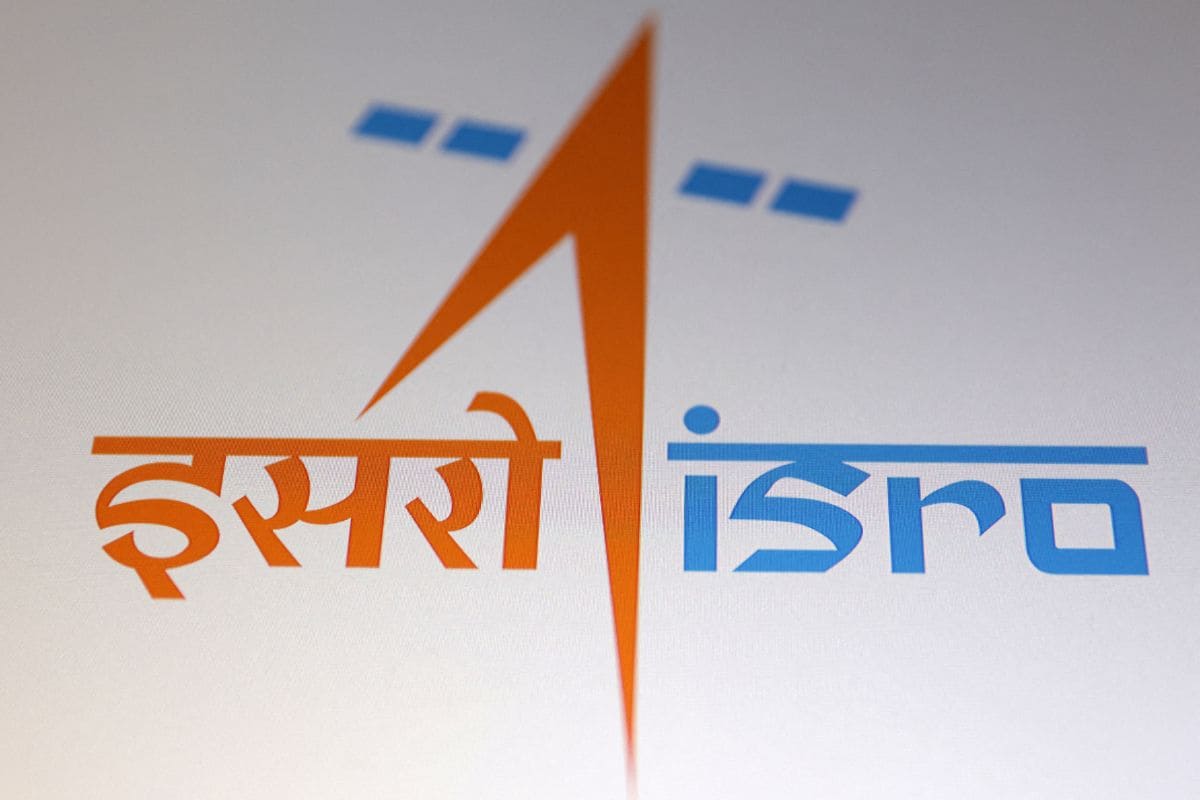The Indian Space Research Organisation (ISRO) has announced the development of the Bharatiya Antariksha Station (BAS), a significant project aimed at enhancing India's presence in space exploration. Weighing approximately 52 tonnes, the space station will initially host three astronauts as per a report, with a future plan to expand its capacity to six. The capacity of the BAS was reportedly revealed during the Kannada Technical Seminar held at the U.R. Rao Satellite Centre in Bengaluru.
Designed for Science and Space Tourism
ISRO's BAS is being developed as a platform for interplanetary research, life sciences and medicine studies, according to an India Today report. It is expected to play a critical role in studying microgravity's effects on human health and testing technologies necessary for sustaining life beyond Earth.
The space station is expected to be leveraged for space tourism and resource utilisation, marking India's venture into commercial space applications.
Focus on Sustainable Space Habitats
According to the publication, ISRO has emphasised the need for creating sustainable habitats in space. This initiative aligns with the global trend of building infrastructures to enable long-term human presence in outer space. Efforts are being made to ensure the space station is capable of supporting extended research missions.
Significance in Global Space Community
With countries like the US and China advancing their space programmes, India's move to establish its own station reflects its commitment to becoming a prominent player in space exploration. As per reports, the BAS could also contribute to international collaborations, scientific research and inspiring younger generations to pursue Space Science.
The BAS is positioned to advance research, inspire innovation, and open doors to new commercial opportunities. While the project is still in its development stages, ISRO's efforts are expected to add to the understanding of outer space and its potential for humanity.
































